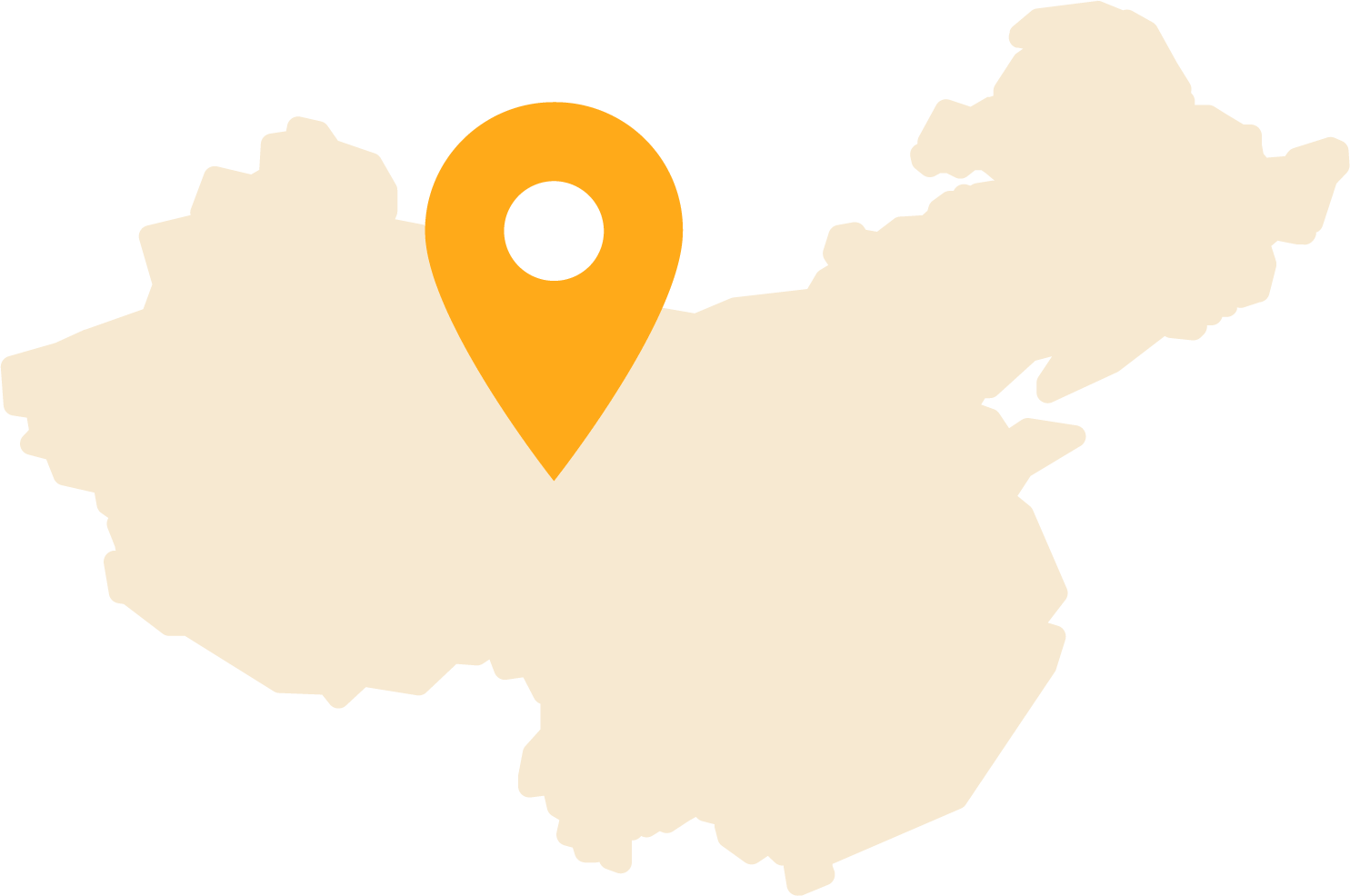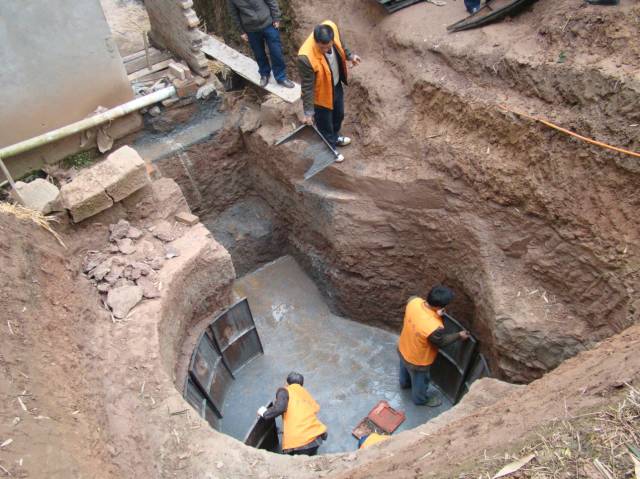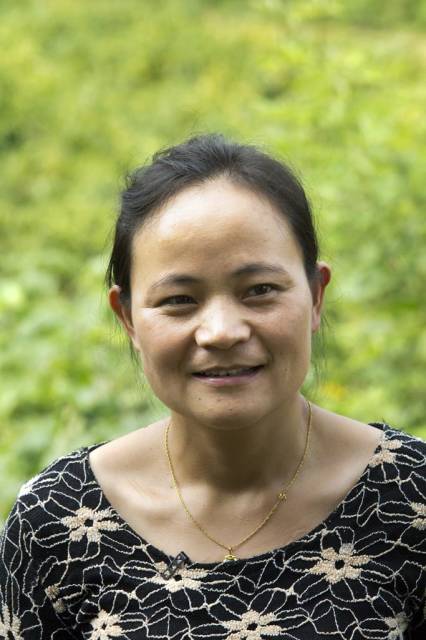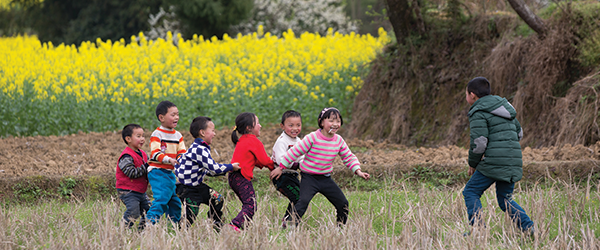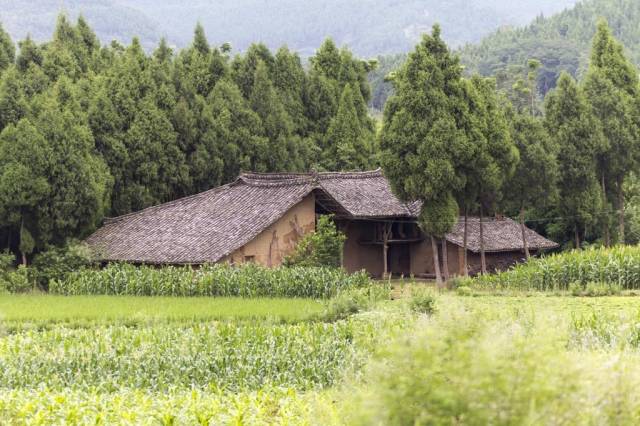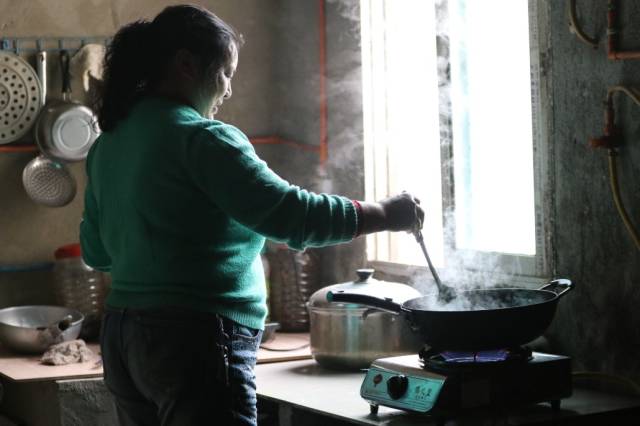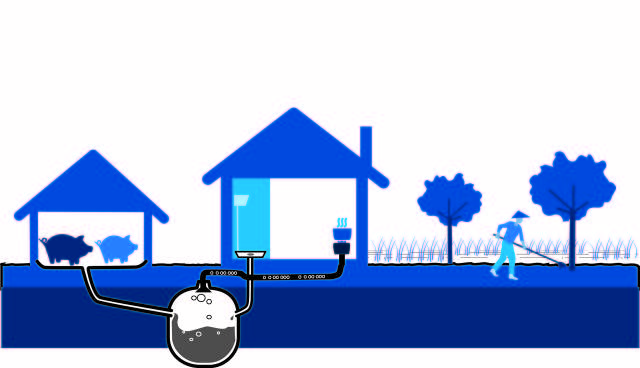The Sichuan Household Biogas project builds methane digesters that break down human and animal waste to create clean methane gas, which is used for cooking. A biodigester is built beneath animal pens so human waste and animal manure flow directly into a brick digestion chamber. Inside the chamber, naturally occurring bacteria anaerobically digest the waste, producing the methane gas that is piped to the cookstove in the house. Using methane for cooking replaces burning coal or wood and avoids carbon emissions.
The project will reduce approximately 10 million tonnes of CO2e by providing 400,000 poor farmer households in Sichuan with climate-friendly biogas digesters and efficient, smoke-free cookstoves. The project delivers annual GHG emissions savings of about 822,520 tCO2e.
Other than the avoided carboned emissions, the Sichuan Household Biogas improves the living conditions for the animals by replacing the open manure pit with a system that washes the waste directly into the chamber. Open manure pits draw flies and risk overflowing. Additionally, since the digestion process is so effective, the byproduct is an organic fertilizer that farmers apply directly to their fields to improve crop quality. This compost saves money for farming families and provides an alternative income for families that choose to sell it.
